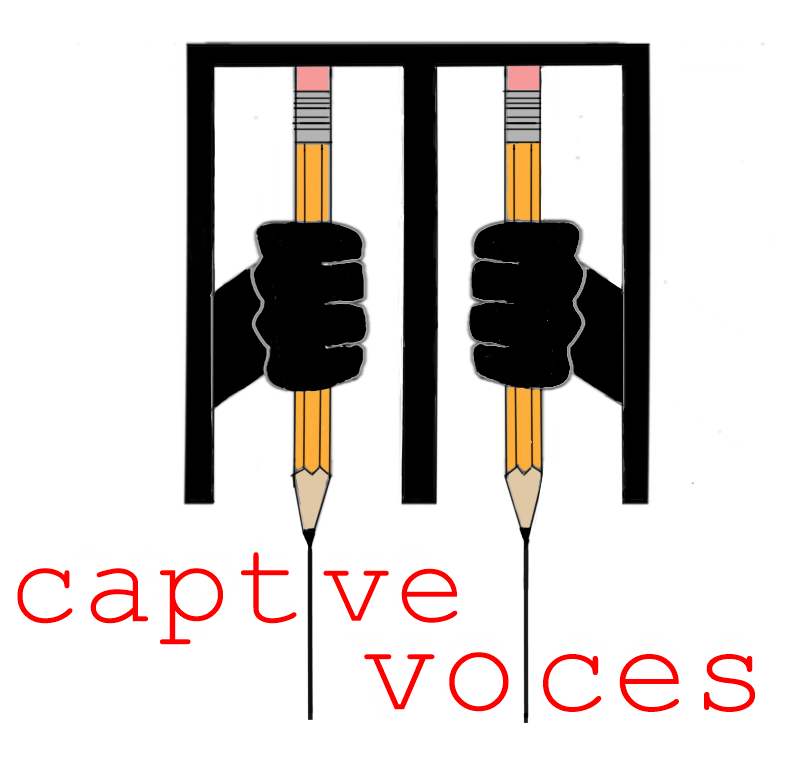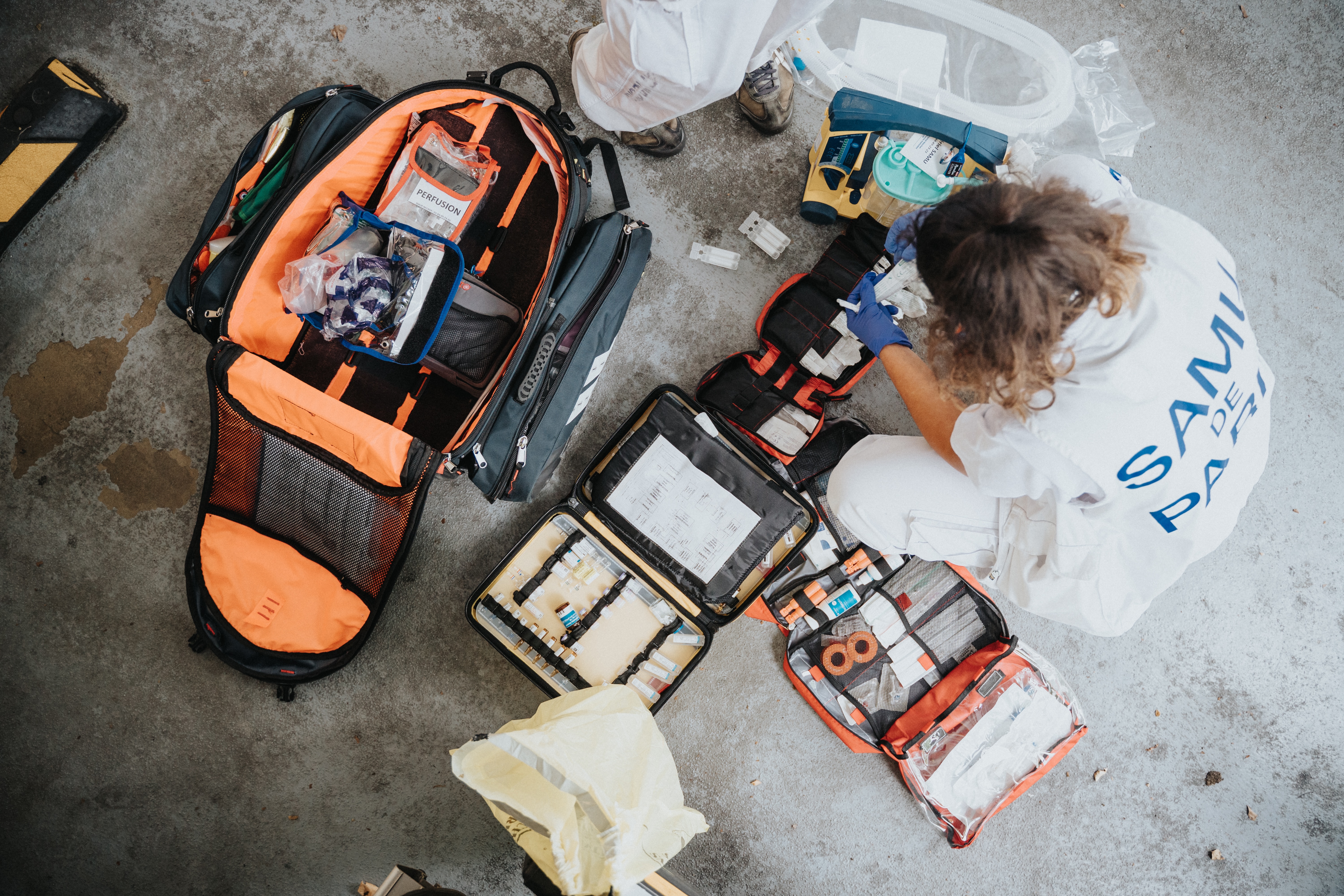Tariq MaQbool is the creator and facilitator of the Captive Voices Writing Program at the New Jersey State Prison. He says the combined efforts of prison personnel saved an inmate’s life. “It is not a uniform or a cape that makes a hero or heroine,” he said. “It’s the everyday unselfish acts that make such feats heroic.”
By Tariq MaQbool
Star Ledger Guest Columnist
The public address system crackled with the sound of an officer announcing “CODE 53″ on housing unit “1-Right” in the New Jersey State Prison (NJSP). Unit officers shuffled, and one ran out to respond to the medical code, leaving his partner in the housing unit’s bubble.
I let out a prayer as many other prisoners do on such occasions worried about the friends we have in other housing units. I know this might seem odd to people outside, but behind the walls of the prison life exists.
We are a subculture of men bonded with iron and steel that exists on the fringes of society. Every time an alert code for an unresponsive prisoner rings out over the prison’s PA speakers we are on edge. Ears pique, chests tighten and hearts drop – prisoners or otherwise.
On housing unit 1-Right, in the old west compound of the prison, a prisoner named Frank “Cache” Padro was teetering between the worlds of life and death inside his 6×9 cell. Death won until it didn’t.
Padro is a 61-year-old Cuban American and a veteran of the NJSP. He works in the prison law library and is known for his kind demeanor, courteous nature and superb handball skills. He is well-liked around the prison complex and is always there for anyone who needs a lending hand. Bottom of Form
The unit officer found him unresponsive in his cell and called the medical emergency code.
“Must not have been his time,” said unit Officer Moore (according to my friend Raymond Franklin who resides in the same unit.)
Indeed, Padro would battle to stay alive, and the heroic efforts of the NJSP Correctional Officers N. Spiewak, T. Moore, P. Deloach, Medical Staff Nurse Chu of the University of Medicine and Dentistry of New Jersey (UMDNJ) and her fellow nurses aided him in that struggle to survive.
The code for Padro, attributed to a heart attack, had begun sometime in the late evening and had lasted for more than 30 minutes. Only the medical staff, responding officers, and incarcerated men near Padro’s cell knew what was happening. And only a few saw the diligent efforts of the staff members trying to save Padro’s life.
I believe that it was a sequence of key events that led to Padro’s survival. First, it was the prudent decision of the custody supervisors and area lieutenants to have the medical personnel bring Padro out of his cramped cell.
It was a risky decision because normally the staff would not touch a prisoner if they are found to be unresponsive. They would wait for medical professionals or EMTs because no one wants to be responsible if there is a death. In that case, an investigation starts and no one is keen to get involved.
Yet, in this instance, the supervisors made the right decision that allowed ample space for proper and timely CPR to be performed. Later, recounting the event, Officer Moore told Raymond Franklin, “Nurse Chu was counting while her partner administered chest compressions until her strength gave out. After both nurses were physically exhausted, they told the custody officers around them that somebody needed to take over and Officer Spiewak jumped right in.”
Usually, the prison staff simply remains indifferent in such situations but this time it was different, the staff truly seemed to care.
“Man, Spiewak was nonstop,” recalled Officer Moore. “When he got tired, another officer started giving chest compressions. That’s when I came down from 4-tier and joined in. We all rotated until that one breath gasped back into Padro’s body. I can’t even describe the feeling.”
In the end, the combined efforts of the prison personnel saved Frank Padro’s life. According to Raymond Franklin, he was given a few hits of NARCAN, and the nonstop and timely CPR compressions by the medical and custody staff played a critical part in Padro’s survival.
After a valiant effort by the custody and medical staff in the NJSP, outside EMTs arrived and took over. Frank Padro, fought to stay alive and the NJSP personnel successfully fought along with him.
Epithets such as bravery and heroism have been misapplied by the mere fact that someone wears a uniform, or works in certain fields, however, real examples of such noble traits are hard to find.
In reality, it is not a uniform or a cape that makes a hero or heroine, it’s the everyday unselfish acts that make such feats heroic.
This story was originally published on NJ.com
Tariq MaQbool is a published writer and journalist. He is currently incarcerated in NJSP. He is the creator & facilitator of the Captive Voices Writing Program at NJSP. Tariq is a member of the SPJ and is also a correspondent for the Prison Journalism Project (PJP). You can see his writings on Captivevoices.com.
Tariq MaQbool, SBI#000830758C, is currently incarcerated in New Jersey State Prison, P.O. Box 861, Trenton, NJ 08625. You can email him via JPAY. com




